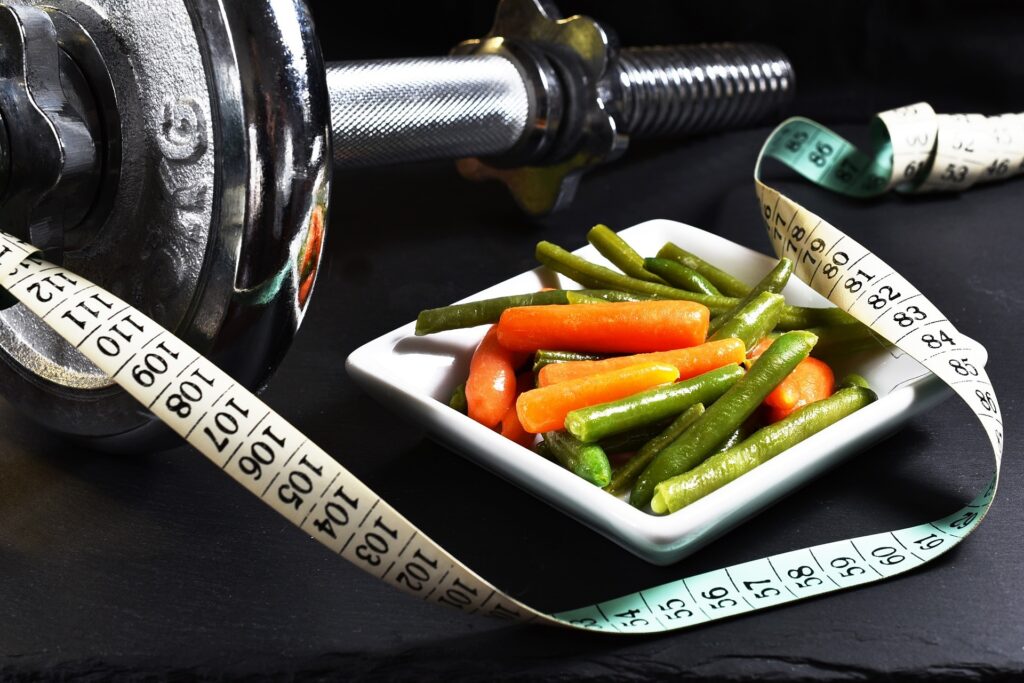Quick weight loss diets have gained popularity for their promise of rapid results, but with so many options available, it’s essential to weigh the pros and cons of each approach. By understanding the advantages and limitations of different diet plans, you can make an informed decision that aligns with your goals and preferences.
Pros and Cons of Each Approach
Keto Diet: Pros:
- Rapid initial weight loss due to water loss and fat burning.
- Reduced appetite and cravings, leading to easier calorie restriction.
- Potential improvements in blood sugar control and insulin sensitivity. Cons:
- Restrictive nature may lead to nutrient deficiencies if not balanced properly.
- Initial side effects such as “keto flu” and constipation.
- Long-term sustainability may be challenging for some individuals.
Intermittent Fasting: Pros:
- Simplifies meal planning and eliminates the need for calorie counting.
- Can lead to quick weight loss and improvements in metabolic health.
- Flexible approach that can be adapted to individual schedules. Cons:
- Potential for increased hunger and irritability during fasting periods.
- May not be suitable for individuals with certain medical conditions or eating disorders.
- Requires discipline and may not be sustainable for everyone long term.
Paleo Diet: Pros:
- Emphasizes whole, nutrient-dense foods and eliminates processed ingredients.
- Can lead to weight loss and improvements in markers of metabolic health.
- Allows for flexibility and customization based on individual preferences. Cons:
- Elimination of entire food groups may lead to nutrient deficiencies if not carefully planned.
- Can be more expensive and time-consuming to follow due to emphasis on fresh, organic foods.
- May not be suitable for vegetarians or vegans due to restrictions on animal products.
Low-Carb Diet: Pros:
- Rapid weight loss due to reduced carbohydrate intake and insulin levels.
- Improvements in blood sugar control and triglyceride levels.
- Can lead to increased feelings of fullness and satisfaction. Cons:
- Initial side effects such as headaches, fatigue, and irritability (“low-carb flu”).
- Restrictive nature may lead to social isolation and difficulty dining out.
- Long-term sustainability may be challenging for some individuals.
Plant-Based Diet: Pros:
- High in fiber, vitamins, minerals, and antioxidants, promoting overall health.
- May lead to weight loss and improvements in cholesterol and blood pressure levels.
- Environmentally sustainable and cruelty-free approach to eating. Cons:
- Requires careful planning to ensure adequate intake of essential nutrients such as protein, iron, and vitamin B12.
- May be challenging to follow in social situations or cultures with meat-centric cuisines.
- Potential for increased gas and bloating due to higher fiber intake.
Choosing the Right Diet for You
When selecting a quick weight loss diet, it’s essential to consider your individual preferences, lifestyle, and health goals. Ask yourself the following questions:
- What foods do I enjoy eating, and which ones am I willing to give up or minimize?
- Do I have any dietary restrictions or medical conditions that may impact my ability to follow certain diets?
- Am I looking for a short-term solution for quick weight loss, or am I committed to making long-term lifestyle changes?
- Can I maintain this diet plan consistently, both in the short term and the long term?
Ultimately, the best diet for quick weight loss is one that is sustainable, enjoyable, and aligned with your unique needs and preferences. Experiment with different approaches, listen to your body, and seek guidance from a healthcare professional or registered dietitian if needed. By taking a balanced and personalized approach to weight loss, you can achieve your goals and maintain your results in the long term.

